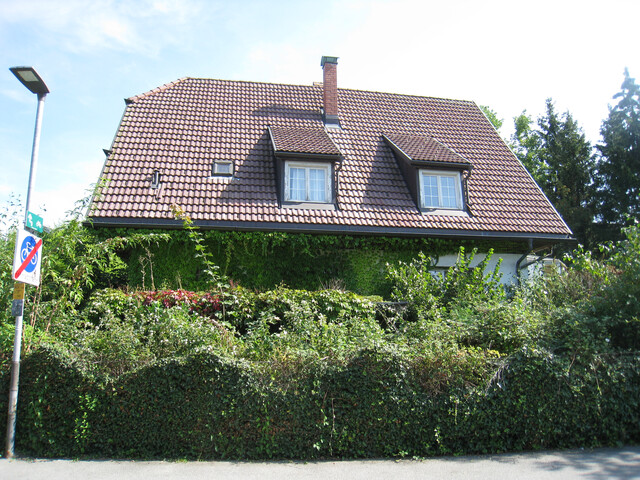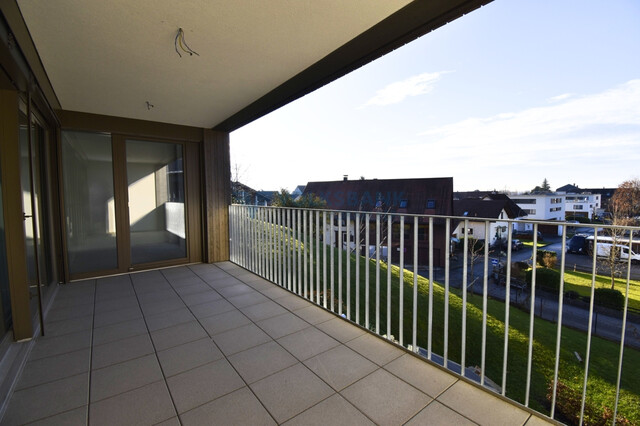Media Crisis: "Cry for Help" from Union and Press Club

"Yes, we are on the brink of collapse, we are sending an SOS," said Ute Groß, chairwoman of the journalists' union in the GPA, at a press conference. Media Minister Andreas Babler (SPÖ) referred to two planned new subsidies at a press event. He would welcome further measures but pointed to tight budgetary constraints.
"Quality is our only life insurance"
According to internal projections, Groß stated that 300 jobs in the domestic media industry are likely to be lost this year. About 1,000 journalists, as well as employees in the areas of proofreading, editing, or graphics, are currently registered as unemployed with the AMS, "and we fear that the end has not yet been reached." Those affected would probably have to completely reorient themselves professionally. The remaining colleagues are suffering from enormous work intensification, and under these circumstances, quality cannot be maintained, Groß noted, adding: "But quality is our only life insurance."
"If you watch journalism die, you accept that there will be no one left to ask the powerful uncomfortable questions. Party media will not be able to take on this task," said Colette Schmidt, deputy chairwoman of the journalists' union and works council chairwoman of the "Standard." She formulated several demands to secure quality journalism: media funding based on clear and transparent criteria, a dedicated increase in the digital tax from five to seven percent for journalism funding, the tax deductibility of a print or online subscription, and the rapid implementation of the distribution support promised by the government.
Call for a nationwide industry foundation
Barbara Teiber, chairwoman of the union GPA and member of the National Council for the SPÖ, called for the establishment of a nationwide industry foundation "to give many affected colleagues a new professional perspective." The estimated costs of 1.5 to 2 million euros should be financed by the federal government with employer participation and organized by the AMS. She also called on media companies to establish collecting societies. "Google and Meta earn billions with content for which they pay nothing."
Practically seamlessly following the union's "wake-up call," Media Minister Babler invited to a background discussion in Parliament. He emphasized that he is aware of the alarming situation in the media industry. "Increasingly, more media can no longer finance themselves from their own sources of income. Existing state subsidies cannot compensate for this," the Vice Chancellor saw a democratic political problem looming for Austria if media diversity comes under pressure.
He referred to existing subsidies amounting to 80 million euros per year. "That is not a small sum. But obviously, it still doesn't work," said the media minister. Therefore, they want to restructure the subsidies, renew their focus, and make them more targeted. However, it is also clear that a fundamental dependency of the media on subsidies is not desirable.
Distribution Subsidy and "My Newspaper Subscription"
Babler referred to the long-announced distribution subsidy, which is intended to support media companies in the costly delivery of newspapers. The subsidy, endowed with 25 million euros, is to be disbursed for the first time in 2026, but must first be approved by the EU Commission.
An additional 30 million euros are earmarked for a project with the working title "My Newspaper Subscription." This is intended to promote content packages specifically tailored by media companies for young people on the verge of adulthood, in order to bind this target group to reputable media brands in the long term and increase their media literacy. The development is complex, and the start date has not yet been fixed.
The media ministry initially rejected the union's call for an increased digital tax to benefit journalism. An increase in this tax, which targets international platforms, is sensitive in times of tariff and sanctions policy. A Europe-wide effort is necessary, but also risk assessment, it was said. For the further demands - tax deductibility of print and digital subscriptions, establishment of a nationwide industry foundation for the reorientation of unemployed journalists - they showed themselves open to discussions in principle. But without counter-financing, not much can be done.
Criticism of Babler
Sigrid Maurer, media spokesperson for the Greens, attested Babler in a statement to be "completely overwhelmed by the situation." "He is abandoning the media," she said. Instead of commissioning a study on the restructuring of media subsidies, he must act immediately to support private media in Austria.
(APA/Red)
This article has been automatically translated, read the original article here.
Du hast einen Hinweis für uns? Oder einen Insider-Tipp, was bei dir in der Gegend gerade passiert? Dann melde dich bei uns, damit wir darüber berichten können.
Wir gehen allen Hinweisen nach, die wir erhalten. Und damit wir schon einen Vorgeschmack und einen guten Überblick bekommen, freuen wir uns über Fotos, Videos oder Texte. Einfach das Formular unten ausfüllen und schon landet dein Tipp bei uns in der Redaktion.
Alternativ kannst du uns direkt über WhatsApp kontaktieren: Zum WhatsApp Chat
Herzlichen Dank für deine Zusendung.








